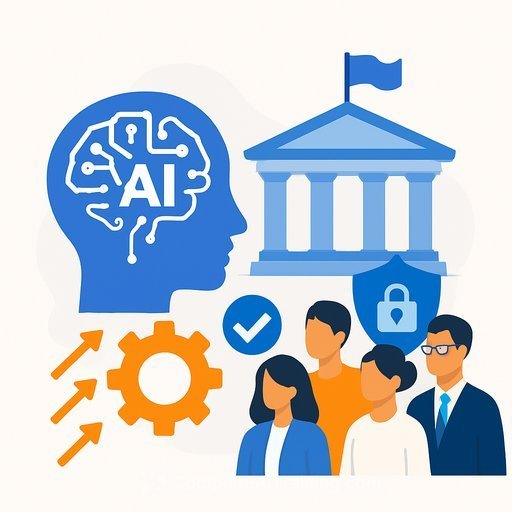Bigger Budgets but Greater Scrutiny: HR in 2026
HR teams across the UK and Europe are heading into 2026 with larger budgets and growing headcount, but this boost comes with increased scrutiny. According to recent research from HR platform Lattice, 64% of HR teams anticipate bigger budgets in the coming 6 to 12 months, while 52% expect to grow their teams.
Despite these positive signs, HR leaders are facing mounting pressure to justify investments in employee engagement, wellbeing, manager enablement, and diversity, equity, inclusion, and belonging (DEIB) initiatives. Aligning HR strategies with overall business goals remains the biggest challenge for 41% of respondents, exceeding concerns about compliance complexity (37%) and evolving employee needs (27%).
AI Adoption and Workforce Performance
Artificial intelligence continues to reshape HR functions. Particularly, agentic AI — systems capable of setting goals and making decisions with minimal human input — is gaining traction. Three-quarters (75%) of UK and European HR teams are experimenting with agentic AI, with 68% taking a leadership role in its adoption. Globally, 83% of HR professionals feel optimistic or hopeful about using agentic AI, though 61% voice ethical concerns.
The report highlights a strong link between technology use and team success. High-performing teams typically use four or more specialized HR tools, compared to an average of three tools for others. Generational attitudes toward technology vary: 53% of Gen Z actively seek new tools, 58% of Gen X want proof before adopting, and 56% of Baby Boomers feel technology can reduce human connection. Still, AI adoption is growing across all groups, with 42% of white-collar HR professionals regularly using agentic AI.
Workforce Tensions and Rewards
2026 is expected to bring sharper workforce tensions. Forty percent of HR leaders report employees are asked to do more without additional pay, and over half observe pushback from staff. While bonuses are on the rise—41% of HR teams globally and 50% in France are increasing bonuses—the gap between workload and reward is widening, creating challenges in employee morale.
Sarah Franklin, CEO of Lattice, sums it up: “HR is at the center of today’s critical priorities—driving performance, engaging people, and adopting AI responsibly. The best leaders use AI to amplify human creativity and diverse perspectives, not replace people.”
Priority Shifts in HR Strategy
Performance management tops the priority list for 40% of HR teams worldwide, closely followed by employee engagement at 39%. Regional differences stand out: European teams give equal weight to employee engagement and learning and development (both 36%), and are twice as likely as US teams to prioritize DEIB initiatives (24% versus 11%).
However, DEIB as a global focus is declining, dropping from 30% in 2023 to 16% in 2026. Despite this, 61% of teams with dedicated DEIB roles plan to maintain them. The highest-performing HR teams are five times more likely to prioritize DEIB, underlining its strategic value.
What HR Teams Should Focus On
- Prepare for increased budget scrutiny by aligning HR initiatives tightly with business objectives.
- Monitor ethical considerations carefully as agentic AI adoption grows.
- Address employee workload and reward imbalances to ease workforce tensions.
- Leverage multiple specialized HR tools to boost team performance.
- Maintain focus on DEIB, especially if your team aims to be high-performing.
As AI becomes a bigger part of HR, continuous learning will be key. For HR professionals aiming to deepen their AI knowledge, exploring practical courses on AI adoption and ethical use can provide a solid foundation. Consider browsing Complete AI Training’s latest AI courses to stay ahead.
Your membership also unlocks:






